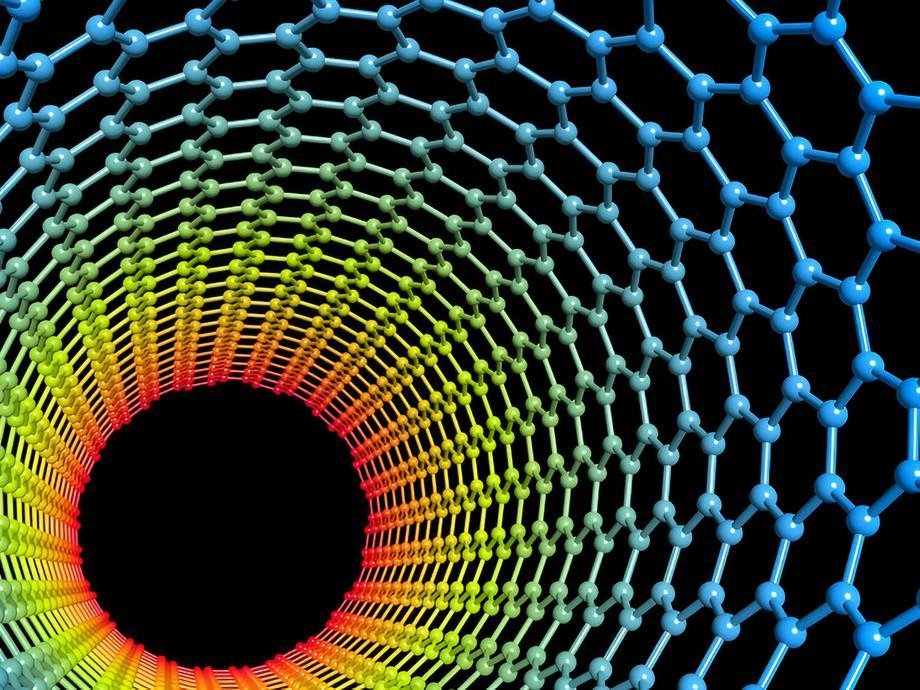
During the production of chips for sensors, minimal, unwanted deviations occur that make the chip unique and can serve as a “fingerprint” for identification. In the Nanosec2 research project, these fingerprints are now to be improved so that they contain more randomness and fewer errors.
Whether it's a thermostat on a radiator, a robot in industry or a measurement device in an airplane: many of our everyday systems are equipped with sensors that work with chips. The chips must be resistant to manipulation, especially if the resulting sensor data is relevant to security. In computer science, the small, production-related deviations of the chips are therefore used to uniquely identify hardware. Physically Unclonable Functions, or PUFs for short, are the name given to these unique codes.
In this project we investigate the potential of advanced NanoMaterial (NM) circuits manufactured in a modular platform technology to serve as Physical Unclonable Functions (PUFs) with enhanced properties. We will implement various entropy sources making use of the fact that NM-based FETs can be significantly manipulated by their environment and interface. This determines the FET characteristic and in case of charge traps hysteretic switching behavior. We will pursue nanocavities in the Carbon-NanoTube Field-Effect Transistor (CNT-FET) structures to induce discrete modification of the gate architecture in order to further increase the entropy of the CNT-PUF. This enables quaternary PUFs with four distinct types of PUF cells, namely conducting, semiconducting, altered semiconducting, and non-conducting cells. We will also investigate configurable CNT-FET circuits to provide an even higher level of entropy, by tuning the hysteresis characteristics. Furthermore, we will examine cell selective erasability of the manufactured Circuit-PUFs, disallowing an attacker from accessing the inherent PUF secret in a low-cost manner. Building upon our previous works on non-invasive attacks against CNT-based PUFs, we will also test the resilience of the constructed CNT-PUFs against side-channel and fault-injection attacks.
The full name of the research project is “Technology platform for nanomaterial-based PUF circuits with high entropy” and is a collaboration between the University of Passau and Chemnitz University of Technology. It builds on findings from the predecessor project NANOSEC. The project is funded by the German Research Foundation over a period of three years and is part of the DFG priority programme “Nanosecurity”.
| Principal Investigator(s) at the University | Prof. Dr. Stefan Katzenbeisser (Lehrstuhl für Technische Informatik) Prof. Dr. Elif Bilge Kavun (Juniorprofessur für Sichere Intelligente Systeme) |
|---|---|
| Project period | 01.04.2024 - 31.03.2027 |
| Source of funding |

DFG - Deutsche Forschungsgemeinschaft > DFG - Sachbeihilfe
|
| Projektnummer | 439892735 |